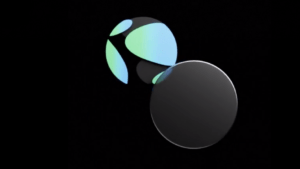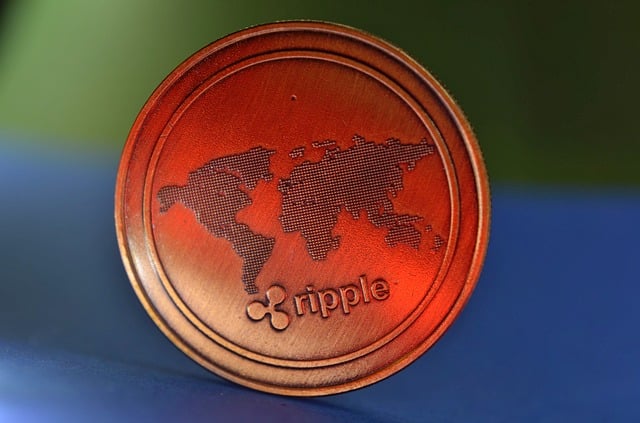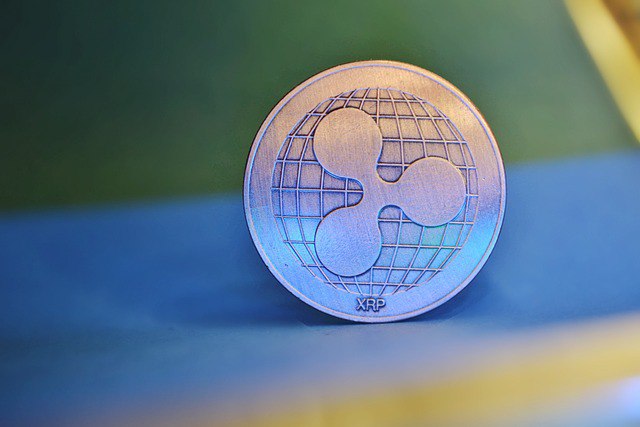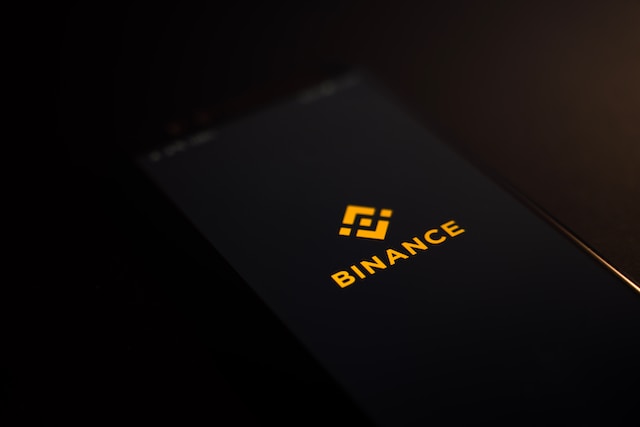- The EU has granted €7.5 million to the Trade and Logistics Information Pipeline (TLIP), powered by IOTA, for the MISSION project, aiming to revolutionize maritime logistics with a digital platform.
- TLIP’s innovative use of IOTA’s technology in the MISSION project promises to streamline communication, synchronize ship schedules, and reduce greenhouse gas emissions, marking a significant step towards a more integrated and sustainable global maritime logistics system.
In a groundbreaking move towards revolutionizing maritime logistics, the Trade and Logistics Information Pipeline (TLIP) is set to spearhead the MaritIme juSt in time optimiSatION (MISSION) project. With a substantial €7.5 million grant from the EU’s Horizon Europe programme, this initiative aims to transform the maritime sector, addressing challenges and fostering sustainability.
MISSION Project: Navigating a Greener and More Efficient Maritime Future
TLIP, fueled by IOTA’s distributed ledger technology, has been chosen as one of the 30 organizations participating in the MISSION project. This ambitious endeavor, backed by the University of Southern Denmark, seeks to develop a digital communication and logistics platform over the next three and a half years. The primary goal is to optimize maritime logistics, reduce port traffic, associated costs, and greenhouse gas emissions.
Maritime transport, a backbone of global trade, faces issues of fragmentation in its information technology landscape. MISSION aims to overcome this by streamlining communication and providing real-time information across the supply chain, enhancing efficiency and reducing delays.
As part of the broader €95.5 billion Horizon Europe programme, MISSION aligns with the EU’s commitment to research and innovation addressing climate change and sustainable development goals. The project signifies a significant step toward creating a more integrated and efficient global maritime logistics system.
The success of MISSION relies heavily on TLIP’s innovative use of IOTA’s technology. TLIP ensures seamless integration with existing systems, guaranteeing the security and auditability of shared data within the dynamic landscape of port operations. Its interoperability facilitates smooth integration into the European Blockchain Service Infrastructure (EBSI), amplifying data-sharing capabilities.
The MISSION project aims to synchronize ship schedules, optimize planning, and coordinate port operations, resulting in up to 23% fuel savings and reduced greenhouse gas emissions. TLIP’s role in optimizing just-in-time port calls addresses challenges related to ships at sea with limited bandwidth and unstable connections.
Looking ahead, the MISSION project plans to integrate TLIP with AI-driven smart contracts, enhancing responsiveness to exchanged data and issuing alarms for non-compliance and delays. TLIP’s incorporation into MISSION exemplifies the IOTA Foundation’s commitment to advancing global supply chains through the industrial adoption of its technology, promising a more efficient, sustainable, and interconnected maritime future.















+ There are no comments
Add yours